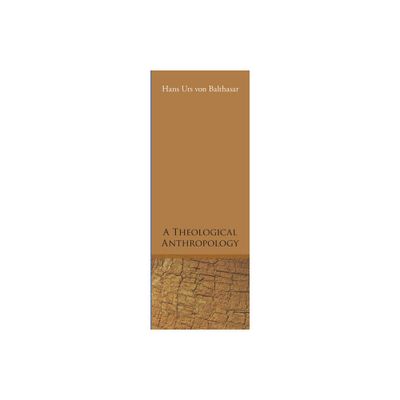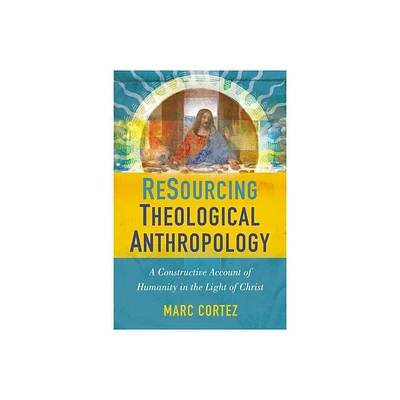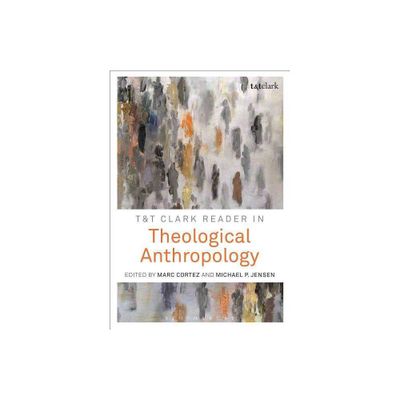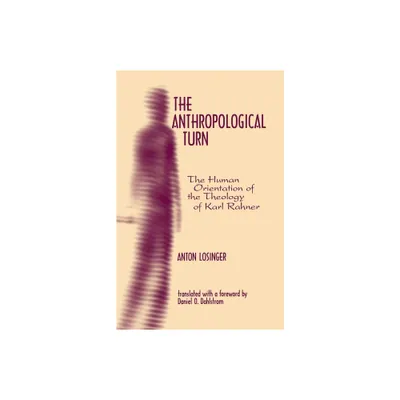Home
Reforming Theological Anthropology: After the Philosophical Turn to Relationality
Loading Inventory...
Barnes and Noble
Reforming Theological Anthropology: After the Philosophical Turn to Relationality
Current price: $37.50


Barnes and Noble
Reforming Theological Anthropology: After the Philosophical Turn to Relationality
Current price: $37.50
Loading Inventory...
Size: OS
*Product Information may vary - to confirm product availability, pricing, and additional information please contact Barnes and Noble
With the profound changes in today's intellectual and scientific landscape, traditional ways of speaking about human nature, sin, and the image of God have lost their explanatory power. In this volume F.LeRon Shults explores the challenges to and opportunities for rethinking current religious views of humankind in contemporary Western culture.
From philosophy to theology, from physics to psychology, we find a turn to the categories of "relationality." Shults briefly traces this history from Aristotle to Levinas, showing its impact on the Christian doctrine of anthropology, and he argues that the biblical understanding of humanity has much to contribute to today's dialogue on persons and on human becoming in relation to God and others. Shults's work stands as a potent effort to reform theological anthropology in a way that restores its relevance to contemporary interpretations of the world and our place in it.
From philosophy to theology, from physics to psychology, we find a turn to the categories of "relationality." Shults briefly traces this history from Aristotle to Levinas, showing its impact on the Christian doctrine of anthropology, and he argues that the biblical understanding of humanity has much to contribute to today's dialogue on persons and on human becoming in relation to God and others. Shults's work stands as a potent effort to reform theological anthropology in a way that restores its relevance to contemporary interpretations of the world and our place in it.

















